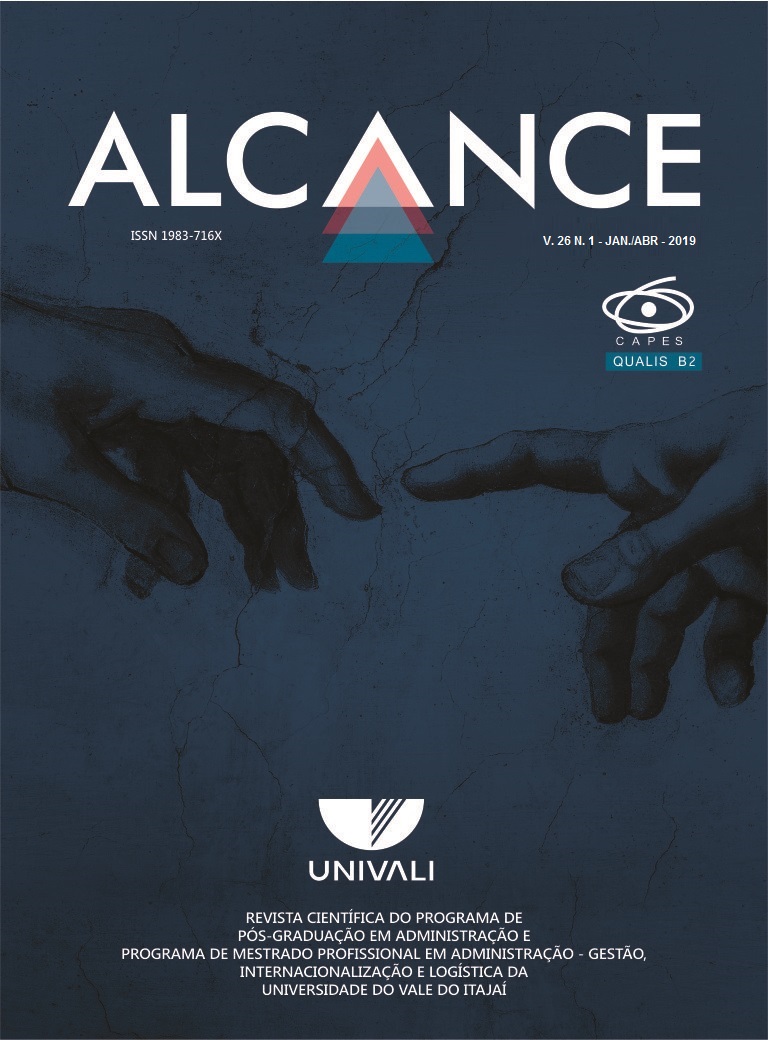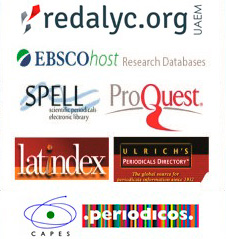TEXT MINING FOR DISCOURSE ANALYSIS: THEMES AND ARGUMENTS OF THE DEPUTIES’ VOTING DECISION DURING THE IMPEACHMENT VOTE
DOI:
https://doi.org/10.14210/alcance.v26n1(Jan/Abr).p004-012Keywords:
Text Mining. LSA. Political speech.Abstract
The advances in techniques for analyzing unstructured data can help to better understand the positioning and votes of politicians who represent a population. This article analyses the underlying semantic relationship between the themes present in the arguments for the voting decision of parliamentarians of different political parties. For this, it uses discourse data from all the deputies during the impeachment voting, which took place in 2015. Weiss's (1983) perspective on the decision-making of politicians, and Festinger's (1957) theory of cognitive dissonance were used as the theoretical basis for the analysis. Additionally, using the technique of LSA (Latent semantic analysis) — a text mining technique based on matrix decomposition¬¬¬¬ — it aims to contribute to the analyses by bringing results related to the main associated terms, and the use of certain words in the political context. It was found that for the case presented, the deputies' discourse is not an element that enables the different voting groups to be distinguished, indicating that in order to understand the position of a politician, and better choose their representative, citizens need to go beyond the politicians’ discourse.Downloads
Published
2019-05-24
Issue
Section
Article


